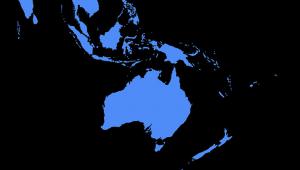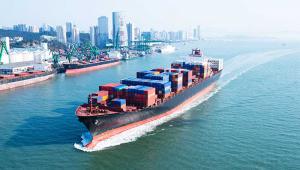The Washington-based bank projected global economic growth to slow to 2.9% this year, down from 3% in 2018, in its Global Economic Prospects launched this week.
In large emerging market and developing economies, growth was expected to stall at 4.2% in 2018 and 2019, affected by rising borrowing costs and policy uncertainties. For 2018, this is 0.3 percentage points slower than previously projected.
In 2017, growth in these countries was 4.3%.
The report urged governments to invest in ‘human capital’ such as education and health services and skills development in order to boost productivity.
“In the current environment of limited fiscal resources, the urgency of these investments highlights the critical need to prioritise effective public spending and increase public sector efficiency,” it said.
World Bank chief executive officer Kristalina Georgieva said: “As economic and financial headwinds intensify for emerging and developing countries, the world’s progress in reducing extreme poverty could be jeopardised.
“To keep the momentum, countries need to invest in people, foster inclusive growth, and build resilient societies.”
The report also called on policymakers in developing economies to “rebuild policy buffers” and accelerate reforms to foster growth.
Since 2013, government debt has risen by 20 percentage points of GDP, increasingly with loans from non-concessional and private lenders, the report said.
As a result interest payment “are absorbing an increasing proportion of government revenues” in low-income countries.
Commodity import activity has also slowed and low-income metal exporters have been struggling with weak metals prices.
Growth among advanced economies is projected to drop to 2%, the report said.
The trade war has escalated since US Donald Trump first announced his planned tariffs on steel and aluminium in the summer, with tension particularly acute between the US and China.
Despite ongoing negotiations and attempts to resolve trade tensions, the World Bank suggested the conflict was likely to slow economic activity around the world.
In July the IMF warned that rising trade tensions between the US and the rest of the world could cost the global economy hundreds of billions of dollars.
This week World Bank president Jim Yong Kim resigned from his post three years before he was due to leave. Georgieva will assume the role of interim president.






